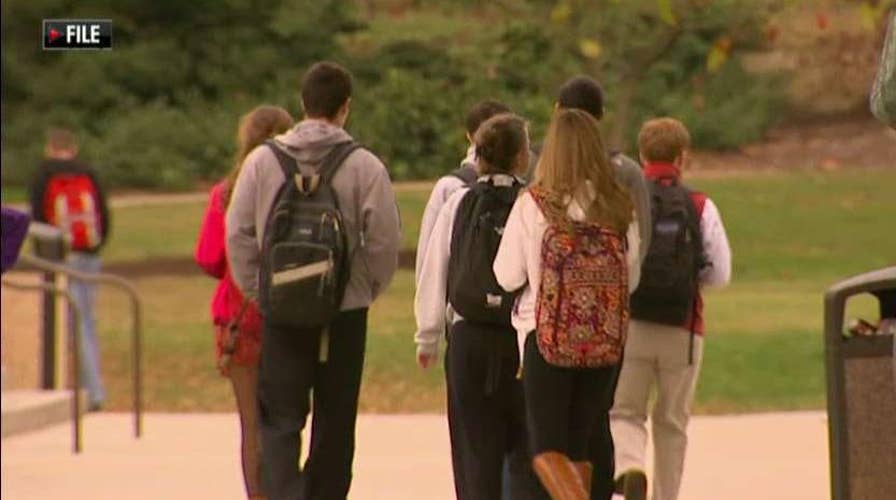Most 'valuable' college majors
Bankrate is out with a new study about graduate degrees and how much they are worth after school.
If there has been one buzz word among us lately (and particularly during this presidential election), it is free education. The overwhelming level of student debt has not only added an incredible financial burden to roughly 70 percent of Americans but has increased an overall disinterest in college education.
Student debt isn’t the only cause of this disinterest, and a free education is far from the answer. The decline of college enrollment is less based on financial reasons, and far more on the fact that students and parents lack the appropriate tools to make the most of this experience.
As a college president, when I hear “free education,” I can’t help but see the gaping holes in these extravagant promises. If there is any word that will catch the ears of Americans, it is “free,” and as the presidential race heats up, we will hear this word more and more. We need a solution to reduce this rising debt. Just as importantly, we need a solution to this growing trend of students struggling to find work and purpose because they were unable to gain an… education.
JEFF ABERNATHY: ARE YOU READY FOR COLLEGE?
So before we get so concerned with resolving the massive weight of student debt or strive to become a tuition-free country, why don’t we first get to the root of this issue and understand why it isn’t working?
The only way higher education can meet the rising demands of a rapidly growing generation is to become as innovative as the rapidly growing job market.
Currently, fewer than six out of 10 college students graduate in six years. According to the Hechinger Report, a large number of states are predicted to see a decline in college enrollment exceeding over 15 percent between 2025 and 2029. The average student struggles to complete a degree, and more are questioning why they should.
More from Opinion
Tuition aside, students are growing increasingly unenchanted with their college experience. Over the years, the perceived purpose of higher education has shifted from a practical and holistic preparation for adult life to a niche profession or a quick-fix certification for some desired income. Somehow, we have lost touch with the value of college and the necessity of learning in our lives. While college may not be for everyone, learning is.
CLICK HERE TO SIGN UP FOR OUR OPINION NEWSLETTER
The macroeconomic issue of decline in college enrollment goes way beyond financial debt. The biggest struggle lays in equipping young people and families on how to navigate a college career to launch them into a successful future.
Over time, we have misplaced the purpose of a college education and have raised generations of students to misunderstand its value. Perhaps this is partially because we have failed to meet the growing demands and expectations of such an innovative world.
The only way higher education can meet the rising demands of a rapidly growing generation is to become as innovative as the rapidly growing job market.
In an interview with The Hechinger Report, Nathan Gawe, economist at Carleton College in Minnesota said, “Students are going to be a hot commodity, a scarce resource. It’s going to be harder during this period for institutions to aggressively increase tuition. ...The institution’s existence is dependent on meeting the expectations of the student.”
The only way higher education can meet the rising demands of a rapidly growing generation is to become as innovative as the rapidly growing job market.
More colleges are taking innovative approaches in expanding their programs to align with the current demands in the job market and the desired professions of students today, even offering more certificates and programs that don’t require a four-year commitment.
CLICK HERE TO GET THE FOX NEWS APP
The thought “higher learning doesn’t apply to me” no longer applies as it once did. The future of learning is quickly evolving with our rapidly changing culture. So when you or your child are seeking the right route to higher education, you don’t have to navigate it feeling left in the dark. Universities and colleges are evolving to offer an education that will be valuable for each individual, and possible for every type of learning.
While the future of learning is quickly growing, the value of higher education remains paramount. It just may not always look the same for each student.









































